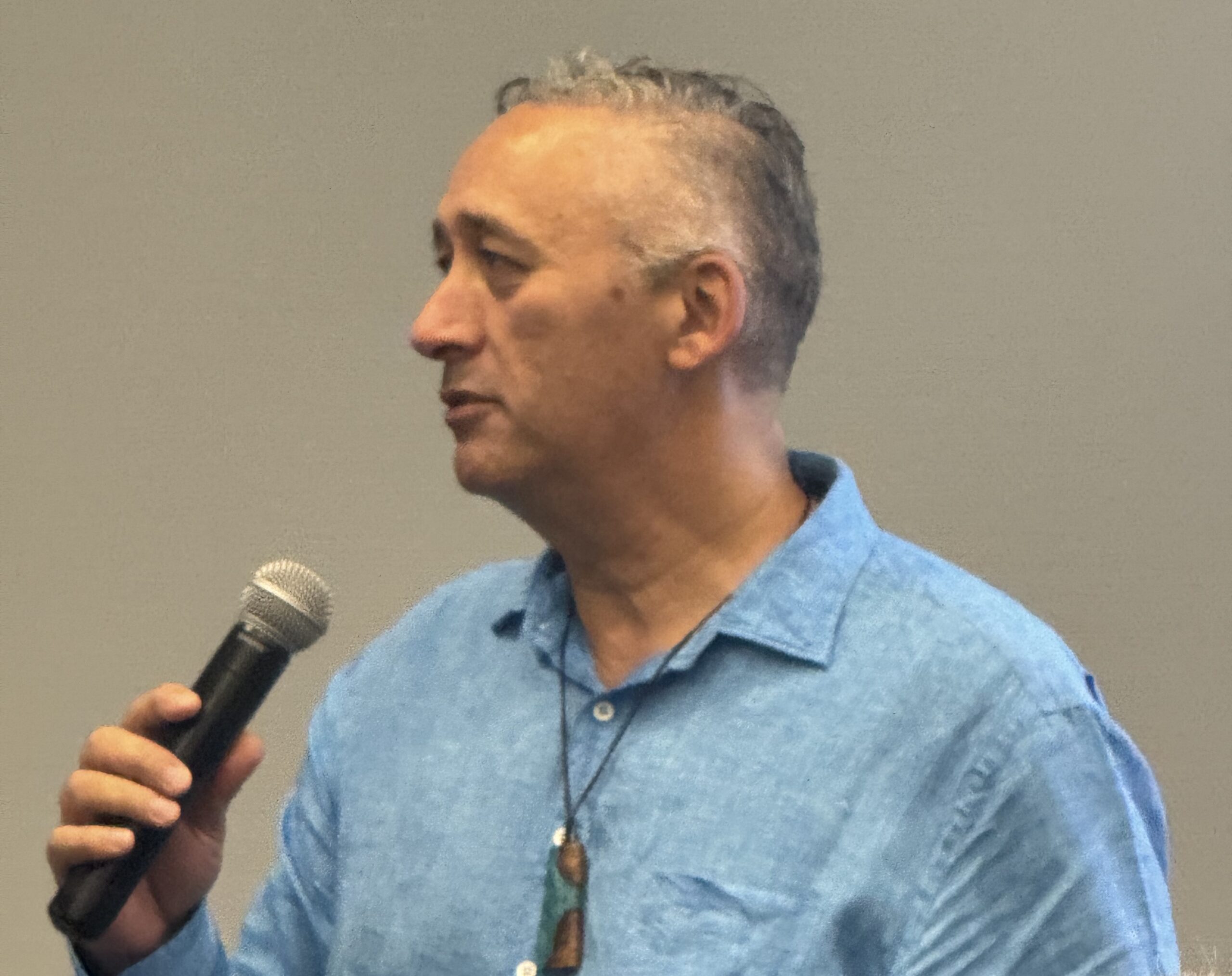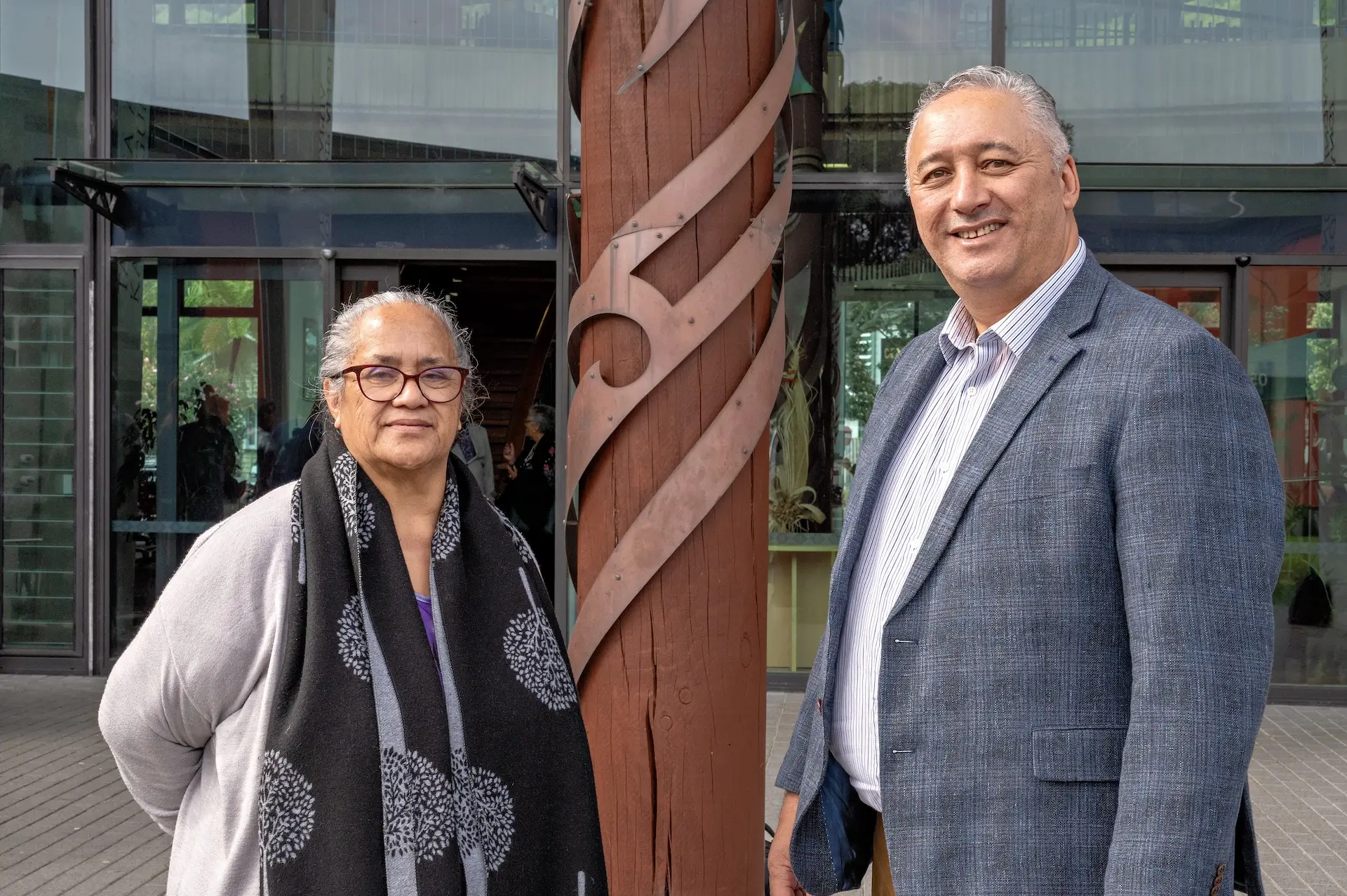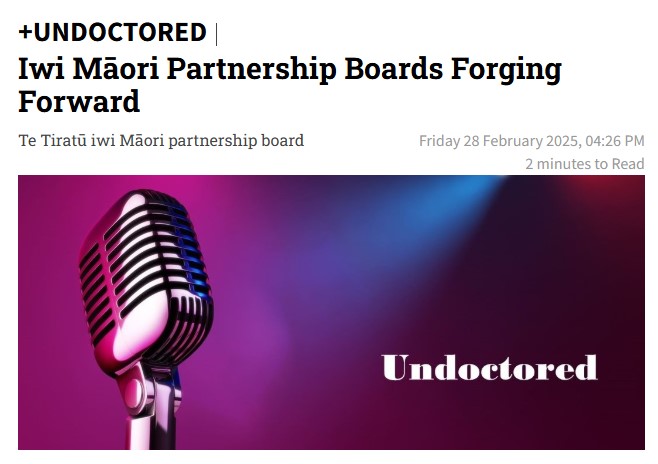Experts on why bowel cancer screening changes are a concern
Te Tiratū iwi Māori partnership board
Friday 28 February 2025, 04:26 PM
2 minutes to Read

Government plans to lower the age for free bowel cancer screening for all New Zealanders by “redirecting” money previously set aside to lower the age for Māori and Pasifika has been described as “disappointing”.
“Screening is an essential tool for prevention and early detection, and expanding access will definitely save lives,” co-chair Hagen Tautari said.
“However, what we don’t want is to leave our people who are high-risk behind as they face substantially poorer health outcomes. What we need is an easier diagnostic process that removes systemic barriers.”
Largest iwi Māori partnership board calls for Māori-focused equity in access
Te Tiratū Iwi Māori Partnership Board that serves 114,000 Māori in the Waikato rohe welcomes the Government’s decision to lower the eligibility age for free bowel cancer screening from 60 to 58 announced today.
“Screening is an essential tool for prevention and early detection, and expanding access will definitely save lives,” said Hagen Tautari, co-chair Te Tiratū Iwi Māori Partnership Board.
“However, what we don’t want is to leave our people who are high-risk behind as they face substantially poorer health outcomes. What we need is an easier diagnostic process that removes systemic barriers.”
Published tested evidence shows that Māori are twice as likely to die from all types of cancer compared to non-Māori.
Research shows the rate of colorectal cancer diagnoses among young Māori under 50 years has increased by an average of 36 percent per decade.
In the rohe Te Tiratū operates Māori cancer numbers are some of the highest in the country.

Photo: Co-chairs of Te Tiratū Iwi Māori Partnership Board Kataraina Hodge and Hagen Tautari
While Māori continue to face grave Māori health inequities and significantly lower cancer screening rates, Te Tiratū prioritises prevention as a fundamental step toward improving outcomes.
This adjustment in funding, which moves away from a previously targeted approach for Māori and Pacific communities discontinued in December, raises concerns about whether the expansion will effectively reach and benefit those most at risk.
Pae Tū, the Hauora Māori Strategy is currently being redesigned, following extensive public consultation. Te Tiratū expects it will reflect the needs and expectations of the region to better address the specific needs of Māori and ensure more effective, equitable health outcomes – access to screening being one of them.
Te Tiratū advocates strongly that cancer screening must be culturally appropriate and properly resourced to ensure Māori participation over a lifetime.
It acknowledges that the solutions lie in true partnership between the community and Te Whatu Ora. A prime example is the Taakiri Tuu Wellness and Diagnostic Centre, established in 2024 by Māori health provider Te Kōhao Health in a high-deprivation area, specifically designed to serve whānau Māori.
Kataraina Hodge, co-chair of Te Tiratū Iwi Māori Partnership Board, believes that without targeted strategies, partnerships in community and resourcing for high need populations existing disparities could be reinforced rather than reduced.
Te Tiratū Iwi Māori Partnership Board invites clear commitments by Te Whatu Ora to support:
• Resourcing Māori-led, community-driven promotion of screening.
• Accessible screening locations, particularly in rural areas where services are often out of reach for our whānau.
• Investment in workforce and resources to support increased demand without creating further barriers to timely diagnosis and treatment.
“Te Tiratū remains committed to advocating for hauora solutions that reflect the needs of our people. We urge the Government to engage with Hauora Māori providers and leaders to ensure that screening programmes deliver equitable outcomes—not just increased numbers,” Tautari said.
The Te Tiratū Iwi Māori Partnership Board given their legislative responsibility under the Act monitor and represent local Māori perspectives on the design and delivery of services and public health interventions.
The Board represents the whānau of Pare Hauraki, Waikato, Raukawa, Te Nehenehenui, Ngāti Hāua (Taumarunui) and Te Rūnanga o Kirikiriroa from the localities of Waikato, Hauraki, Maniapoto, Raukawa, Ngāti Hāua.
Sources of Statistics:
Pg 49 Waitangi Tribunal Hauora Report
University of Otago 2024 Early onset cancer on the rise
Pg 17 Te Tiratū Iwi Māori Partnership Board Hauora Priorities Summary Report
Pg 14 Waitangi Tribunal Hautupua Report
